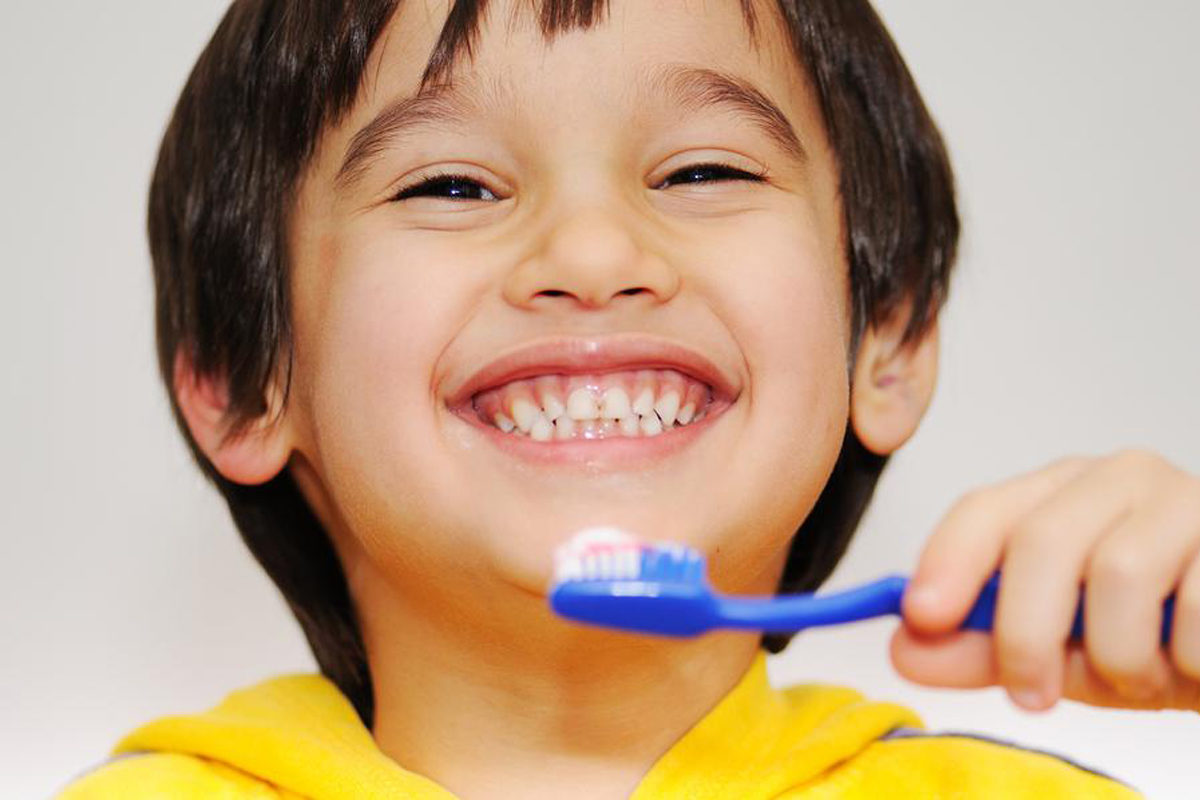Preventive Pediatric Dentistry
BPA-FREE SEALANTS:
Smylife dentistry focuses strongly on prevention and wants to help our patients grow up cavity free. We strongly encourage you to have your child’s teeth sealed because it is one of the most effective and easy ways to help prevent tooth decay.
Dental sealants act as a barrier to prevent cavities and can be applied to baby molars and adult premolars and molars.
They should be applied as early as possible after the adult tooth erupts and before cavities get a chance to form.
The chewing surfaces are the most likely areas to get cavities and toothbrush bristles cannot reach all the way into the depressions and grooves of back teeth.
Sealants protect these vulnerable areas by “sealing out” plaque and food. Sealants last several years and the cost of sealants is very low compared to getting cavities fixed.
SPORTS MOUTH GUARDS:
Once your child starts playing competitive sports such as hockey, basketball, football, etc. we strongly recommend that they wear a sports mouth guard to protect their adult teeth from fracturing due to trauma.
While over- the- counter sports guards are readily available, the comfort and fit of a custom-made sports guard is unparalleled.
FLUORIDE TREATMENTS:
A fluoride treatment in the form of a varnish (a sticky coating which minimizes ingestion) will be applied to your child’s teeth at the end of each check up visit or more often depending on their cavity risk. Your child will be able to eat and drink right away, just nothing hard or sticky or too hot for 4-6 hours.
Fluoride is a safe and effective way to help your child’s teeth stay strong and cavity-free. We will also discuss optimal fluoride intake from all sources, i.e., Fluoridated water, tooth paste and mouth rinsing to help keep your child’s teeth strong while minimizing the risk of Fluorosis ( white or brown spots) on their developing adult teeth.
SPACE MAINTAINERS:
When a tooth is lost permaturely due to cavities or trauma, a space maintainer is often recommended to hold the gap open for the adult tooth to erupt later when it’s ready. Space maintainers help prevent shifting and crowding of the adult teeth.
HABIT BREAKING COUNSELING & APPLIANCES:
If your child has a non-nutritive sucking habit such as thumb, fingers, pacifier, lip or tongue sucking that is causing damage to the oral structure (i.e., abnormal shape of mouth, protruding teeth are bite opening or shifting) we offer many types of custom-made oral appliances to help your child stop these harmful habits if traditional counseling and positive reinforcement strategies are not successful.
We never make your child feel bad or embarrassed but instead offer positive encouragement that leaves them feeling empowered and in control; thereby, motivating them to want to stop the harmful habit.
Restorative Pediatric Dentistry
PEDIATRIC CROWNS (STAINLESS STEEL OR WHITE ZIRCONIA):
Stainless steel with white Zirconia crown may be recommended for your child after a baby root canal is performed or if there is extensive damage to a back baby tooth from cavities or trauma. They are recommended when a traditional filling is not considered strong enough to protect the tooth until it will naturally fall out. (Keep in mind that the baby molars do not fall out until 11-14 years of age).
The difference between stainless steel and the white crown is mostly cosmetic but the pros and cons of each crown can be discussed with your child’s doctor prior to placing it.
BABY ROOT CANALS (AKA PULPOTOMY PULPECTOMY):
A cavity that involves the nerve (pulp) of the tooth may cause a child to experience intense pain. Although the pain may actually subside for a period of time using pain killers or antibiotics, it will return unless the tooth is properly treated. When the nerve of the tooth is infected, it must be treated to restore the child to good dental health.
A conservative pediatric root canal procedure is referred to as a “pulpotomy.” The purpose of the root canal treatment is to maintain the vitality of the affected tooth so that the tooth will not be lost early. Early loss of posterior (Back) primary teeth may cause future problems with the eruption of permanent teeth. Therefore, it is best to avoid early loss of primary molars by properly treating the nerve of the infected teeth with pulpotomy.
Dental caries (cavities) and traumatic injury are the main reasons for a tooth to require pulp therapy. The pulpotomy root canal procedure removes the infected pulp tissue within the crown of the tooth. A medication is placed to calm the nerve of the tooth and prevent bacterial growth. The pulpotomy is followed with a final restoration such as a filling, a white zirconia crown or a stainless steel crown.
After the pulpotomy (Root canal procedure) is complete, your child should feel much better. We expect all pain to subside either immediately or within a few days of the procedure.
EXTRACTIONS:
A dental extraction, which is often referred to as getting a tooth pulled, is a common procedure performed by Pediatric dentists. Extractions may be necessary due to extensive dental cavities causing pain or infection, dental trauma or for orthodontic reasons. Most extractions are easy and routine & can be performed within the comfort & familiarity of our office.
MERCURY-FREE WHITE FILLINGS:
We care about the safety of dental materials & will not place mercury-containing silver (amalgam) fillings. Instead we place BPA- free white (composite fillings) which are safe &aesthetic. They look so great that no one will know your child had a cavity, SHHH!!
EMERGENCIES
After-Hours on-call service:
If your child is experiencing a true dental emergency, you can always call our office & you will be able to talk to our Pedodontist directly. We are always available to answer to emergency situations for our patients.
Toothaches:
If your child is experiencing a toothache, first clean the area of the affected tooth thoroughly. Try to dislodge any food particles or debris that might be stuck in the tooth by rinsing vigorously with warm water & using dental floss. You may give your child Paracetamol or Imol as directed, but do not place aspirin on the tooth or gums. If the face is swollen, apply cold compress &call our office immediately. This could be a sign of serious dental infection that requires prompt treatment.
Trauma:
Unfortunately, children sustain a fair amount of dental and facial trauma from sports-related injuries, falls and other accidents. The most important thing you can do as a parent is remain calm. Recover the tooth, making sure to hold it by the crown (top) and not the root end. Rinse, but do not clean or handle the tooth more than necessary. Reinsert the tooth in the socket and hold it in place using a clean piece of gauze or cloth. If the tooth cannot be reinserted, carry it in a cup containing milk or water. Because time is essential, see a dentist immediately.



